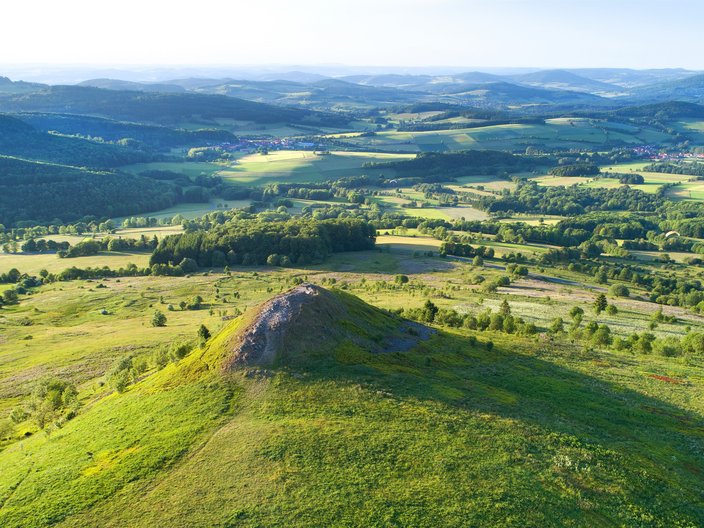All World Heritage Sites have one thing in common – their extraordinary universal value. In other words, their significance extends beyond local and national communities – they apply to all of humanity.
As intercultural places of learning, they vividly present the invaluable heritage of our planet and of human history and contribute to societal development in terms of the Sustainable Development Goals. Safeguarding and preserving these sites in the long term is the responsibility of the entire international community. A growing number of sites have been safeguarded by a central instrument of cultural policy and environmental conservation in place since 1972: the UNESCO World Heritage Convention. The German Commission for UNESCO is significantly involved in implementing the policies of the World Heritage Convention in Germany and promotes networking between national and international World Heritage members.
The UNESCO World Heritage List
Since the first sites were recognised in 1978, more than one thousand cultural and natural properties around the world have been added to the UNESCO World Heritage List.
View the World Heritage ListExternal link:
Learn more about the World Heritage Sites in GermanyExternal link:
The World Heritage Convention
The Convention concerning the Protection of the World Cultural and Natural Heritage - in short: the World Heritage Convention - is one of the most successful international protection instruments for natural and cultural heritage worldwide. It is based on the principle of international solidarity and cooperation for the protection of cultural and natural sites of outstanding universal value. The preservation of the World Heritage is the responsibility of mankind as a whole.
As part of the implementation of the Convention, UNESCO promotes the identification, protection, conservation and communication of the world's outstanding cultural and natural heritage. In doing so, it makes an indispensable contribution to sustainable development. The World Heritage Convention has been signed by 195 countries and is universally valid.
Read here how the idea for the World Heritage Convention came about.
![Roberto-Burle-Marx-Stätte (Brazil), World Heritage since 2021 [Translate to Englisch:] Garten mit tropischen Pflanzen und Gemäuer in der Roberto-Burle-Marx-Stätte (Brasilien), Welterbe seit 2021](/assets/_processed_/3/d/csm_44whc_roberto-burle-marx-st%C3%A4tte_brasilien_c_oscar-liberal_0_351f274b34.jpg)








